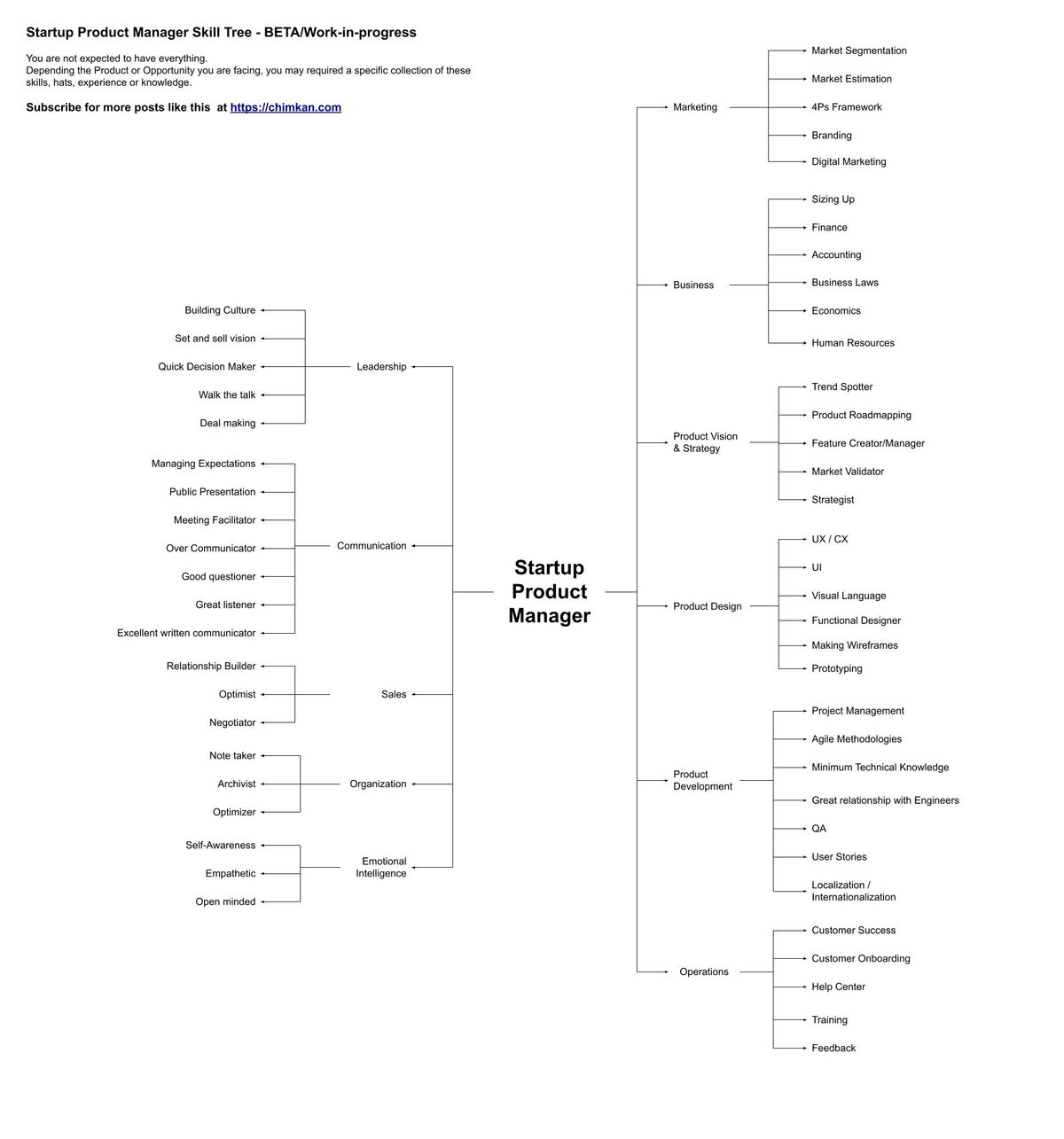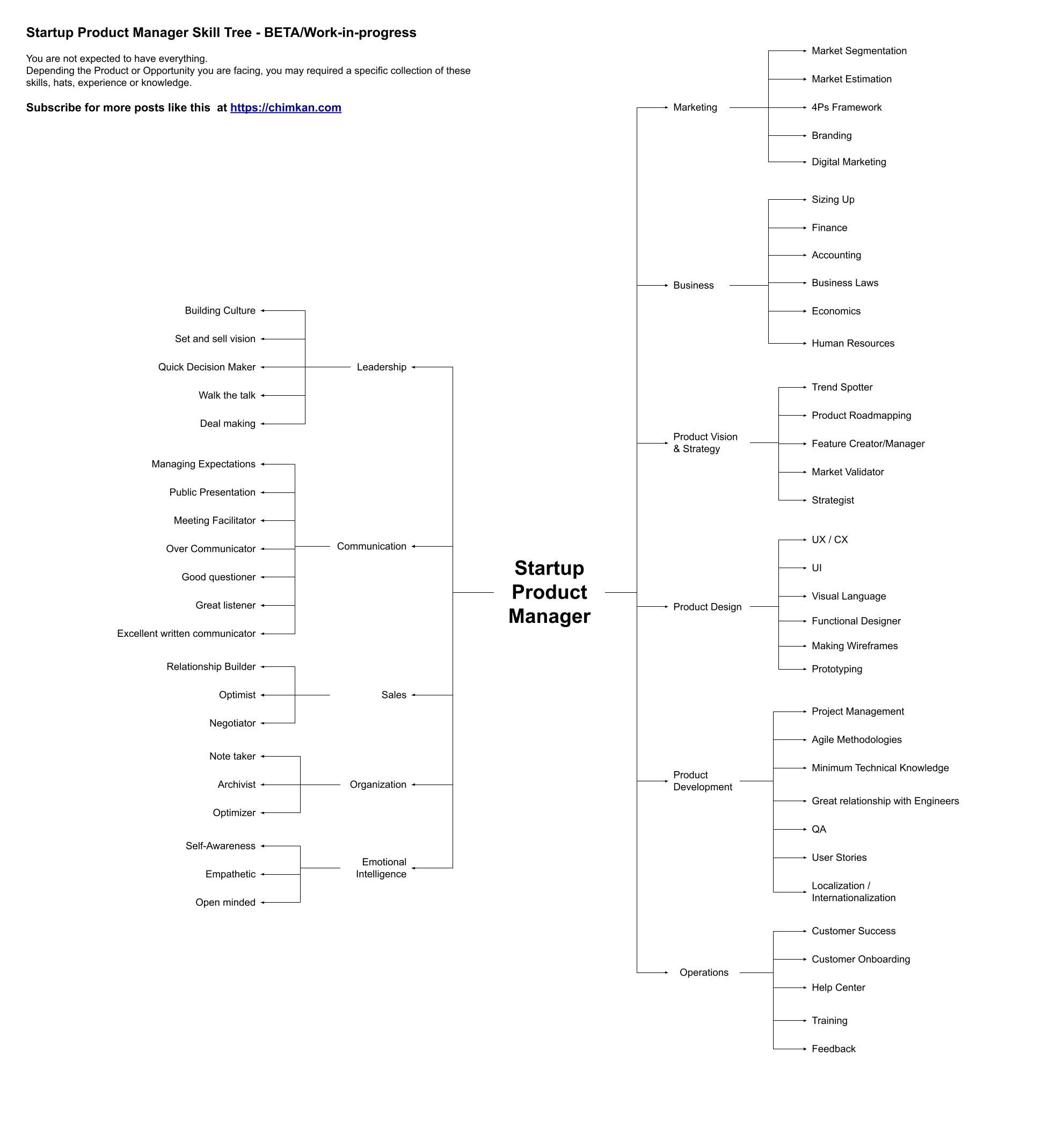Becoming Startup Product Manager and Creating Great Products

It's not easy to become a startup product manager.
Most startups don't have the proper resources to have entire teams to deal with every single problem. So instead, a startup PM ends up wearing multiple hats, exercising many different roles, and applying various skills, creating and launching a product.
If you think about it, it's bizarre to try to fit in with role models from Google Product Managers, Facebook Product Managers, Amazon Product Managers, and so on. Those companies have teams and resources to deal with many problems in product creation. Also, the types of issues they face are different from those most startups will have to face. They also have data and scales that many startups don't have. So does that mean that they are not suitable models to follow?
Look, think about this little problem. Imagine a startup PM working on an AI problem. One of the most critical problems is getting the data to build the AI model. For a startup, there are not many easy solutions. You can buy data, partner with someone with data, outsource data collection, and creating some marketing gimmick like an app that shows how people will age with AI. But, a FAANG PM can tap the vast troves of data and get that issue solved. In addition, they can easily create partnerships with other big companies due to their brand and reputation, something that a startup will have a much harder time replicating.
Understandably, a hiring manager in a prestigious startup wants to hire the "best" product managers with the top pedigrees as an indirect way to filter for talent. But, unfortunately, that is similar to startups hiring big-dollar executives to run a startup; most end up failing because the executive expects to have teams under him to do the job or spend enormous resources hiring consultants and agencies. Instead, most successful startups rely on people who are scrappy, do-it-yourself, and resourceful.
To create a successful product in the digital world, a startup product manager needs to adapt and collect a custom set of skills, experiences, and knowledge from succeeding. You need to understand your challenges well and tailor the set of things you need to solve them.
Here is a diagram I created to help you see what kind of skills or hats a startup product manager may need to create great products.

